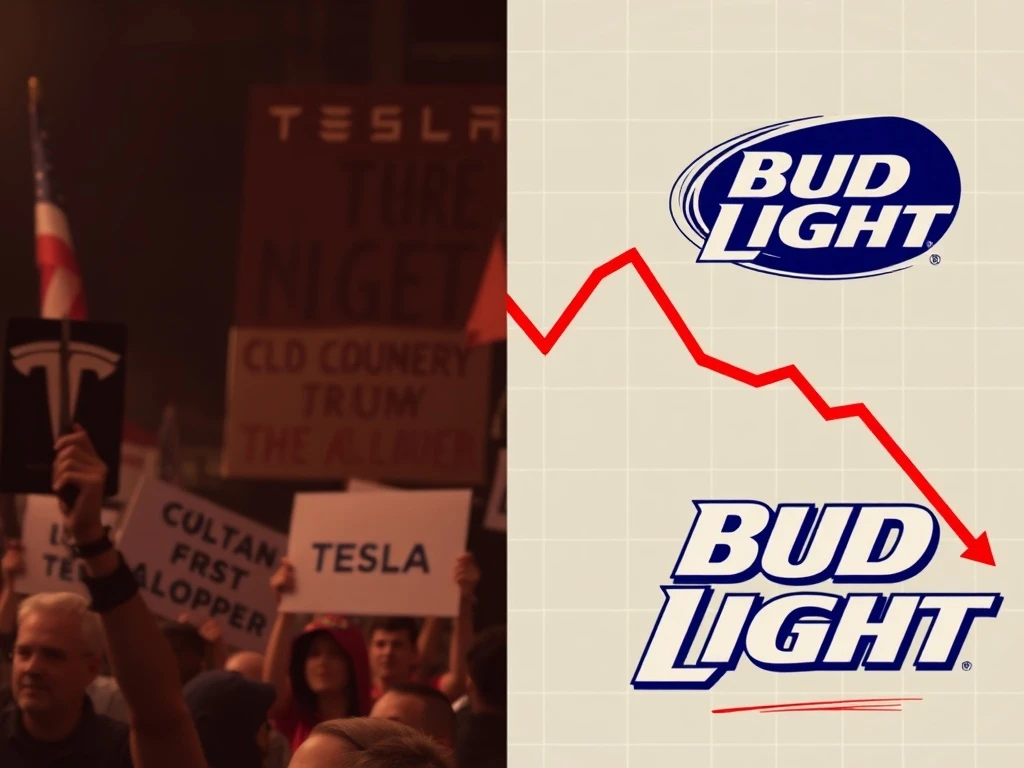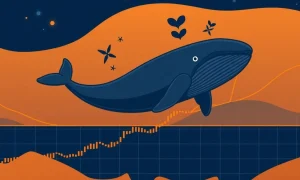Consumer power shapes markets dramatically through modern boycotts that instantly impact billion-dollar corporations. These organized protests represent a new era of consumer activism.
The Rise of Modern Boycotts
Modern boycotts leverage digital platforms effectively. Social media accelerates mobilization rapidly. Consumers coordinate actions globally. Consequently, brands face immediate financial consequences.
Tesla’s Leadership Controversies
Elon Musk’s public statements triggered significant backlash. Many customers canceled orders promptly. Additionally, investors expressed serious concerns. Tesla’s stock experienced notable volatility.
Bud Light’s Marketing Misstep
An influencer partnership sparked widespread controversy. Conservative consumers organized boycotts aggressively. Sales dropped substantially within weeks. Parent company AB InBev lost billions.
Additional Major Brand Examples
Other companies faced similar consumer reactions:
- Nike – Colin Kaepernick campaign responses
- Starbucks – Political donation controversies
- Disney – Content and policy disagreements
Impact of Digital Organization
Social media platforms enable rapid coordination. Hashtags trend within hours. Consumer sentiment spreads virally. Companies struggle to respond adequately.
Financial Consequences Analysis
Modern boycotts create immediate market impacts:
- Stock price declines averaging 5-15%
- Sales reductions lasting multiple quarters
- Brand reputation damage requiring years to repair
- Marketing budget increases for recovery efforts
Corporate Response Strategies
Companies employ various damage control methods. Some issue public apologies quickly. Others maintain their positions firmly. Most implement internal policy reviews.
Future of Consumer Activism
Modern boycotts will likely continue evolving. Consumers gain more organizing tools constantly. Brands must develop proactive strategies. Transparency becomes increasingly crucial.
Frequently Asked Questions
What defines a modern boycott?
Modern boycotts utilize digital platforms for rapid organization and typically focus on social or political issues rather than purely product concerns.
How long do modern boycotts typically last?
Most contemporary consumer boycotts maintain intensity for 2-6 months, though financial impacts can persist for years through damaged brand reputation.
Which industries face the most boycott risks?
Consumer goods, technology, and entertainment companies experience the highest frequency of modern boycotts due to their visibility and cultural influence.
Can companies recover from major boycotts?
Yes, though recovery requires significant time and strategic effort, including policy changes, leadership adjustments, and substantial marketing investments.
Do modern boycotts affect stock prices immediately?
Typically yes – stock prices often react within days as investors assess potential long-term damage to brand value and future earnings.
What triggers most modern boycotts?
Political statements, controversial partnerships, perceived social justice failures, and environmental concerns represent the most common catalysts.








